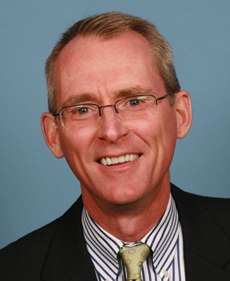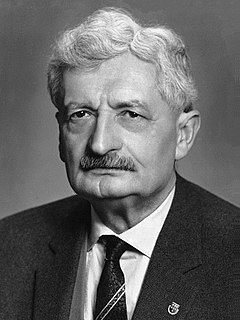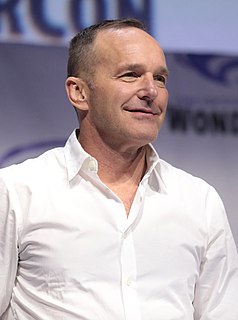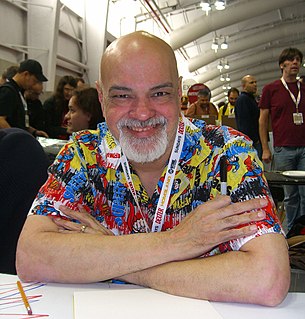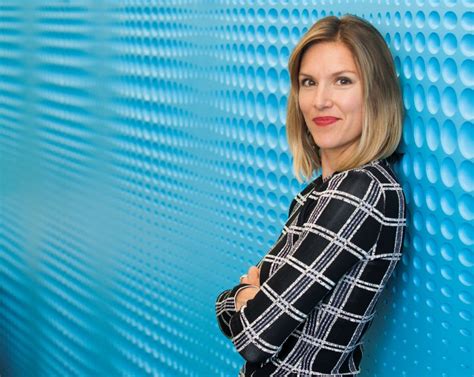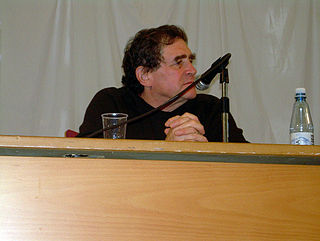Top 853 Solar Panels Quotes & Sayings - Page 2
Explore popular Solar Panels quotes.
Last updated on December 21, 2024.
Our point of view is, lets not be so elitist that we can't honor good, hard, dignified, ennobling work: people working with their hands, building things, putting up solar panels, weatherizing homes, working on organic agriculture, building wind farms. We don't have robots in society, so somebody has to do that work. Lets make sure that the people who can use that work get a chance to do it. I see that as a first step toward bigger and better things.
Hydroelectric dams remain the way many poor countries gain access to reliable electricity, and both solar and wind might be worthwhile in some circumstances. But there is nothing in either their history or their physical attributes that suggests solar and wind in particular could or should be the centerpiece of efforts to deal with climate change.
'Easter' is a movable event, calculated by the relative positions of sun and moon, an impossible way of fixing year by year the anniversary of a historical event, but a very natural and indeed inevitable way of calculating a solar festival. These changing dates do not point to the history of a man, but to the hero of a solar myth.
I used to be a strong believer that we would eventually colonize the solar system the way it's been done in science fiction many, many times: bases on the moon, Mars colonized, move out to the outer planets, then we go to the next solar system and build a colony there. I don't know now - I'm not as convinced that's the way it's going to pan out.
Solar makes electricity expensive for two inherently physical reasons. Sunlight is dilute, requiring 10 to 15 times as much materials and mining, and up to 5,000 times more land, than non-renewables. And sunlight is unreliable, which reduces the value of solar as it becomes a larger part of energy supplies.
The suppression of uncomfortable ideas may be common in religion or in politics, but it is not the path to knowledge, and there's no place for it in the endeavor of science. We do not know beforehand where fundamental insights will arise from about our mysterious and lovely solar system. The history of our study of our solar system shows us clearly that accepted and conventional ideas are often wrong, and that fundamental insights can arise from the most unexpected sources.
In a 22-page comic, figuring an average of four to five panels a page and a couple of full-page shots, a writer has maybe a hundred panels at most to tell a story, so every panel he wastes conveying a.) something I already know, b.) something that's a cute gag but does nothing to reveal plot or character, or c.) something I don't need to know is a demonstration of lousy craft.
I stood with Jeff Merkley, the senator from Oregon, and Bernie Sanders, who I think may come from the very state you are in today. And they put forward really a landmark piece of legislation. For the first time, they said we need 100 percent renewable energy. Not, "We need some solar panels and we need some fracking wells." Not the all of the above energy policy that the Obama administration favored. Instead, finally saying, we are ready to go, 100 percent. The technology is clearly there.
Even though it's important for all of us to change our light bulbs and the vehicles we drive, it's much more important to change our laws and policies. I drive a hybrid and we've changed our light bulbs and windows and installed solar panels and geothermal ground source heat pumps and most everything else. But putting the burden on individuals to solve this global crisis is ultimately not going to be the most effective way to solve it.
Yes, sunny Nevada is an ideal state for solar power. As it gets cheaper, the state should use solar whenever it makes financial sense. But politicians shouldn't force you to buy it regardless of cost. It doesn't make sense to insert into the state constitution a requirement on energy use that locks Nevada into 50 percent wind and solar.
Rome wasn't built in a day, and we won't replace fossil fuels with clean energy based on the events of a single week, either. But the important thing to remember is that, once they happen, clean energy victories are irreversible. No one will tear down wind farms because they are nostalgic for fracking in our watersheds. And nobody will pull down their solar panels because they miss having mercury in their tuna or asthma inhalers for their kids. Because once we leave fossil fuels behind, we are never going back.
In the year 2000, the solar water heater behind me, which is being dedicated today, will still be here supplying cheap, efficient energy. A generation from now, this solar heater can either be a curiosity, a museum piece, an example of a road not taken, or it can be just a small part of one of the greatest and most exciting adventures ever undertaken by the American people: harnessing the power of the Sun to enrich our lives as we move away from our crippling dependence on foreign oil.
If you have a look a few years back down the line then you will find that the previous government had made a big announcement related to the solar mission but nothing was implemented at the ground level. But after the Paris agreement, PM Modi took its leadership in his hand which resulted into International Solar Alliance.
I cannot cause light; the most I can do is try to put myself in the path of its beam. It is possible, in deep space, to sail on solar wind. Light, be it particle or wave, has force: you can rig a giant sail and go. The secret of seeing is to sail on solar wind. Hone and spread your spirit till you yourself are a sail, whetted, translucent, broadside to the merest puff
At the moment I am occupied by an investigation with Kirchoff which does not allow us to sleep. Kirchoff has made a totally unexpected discovery, inasmuch as he has found out the cause for the dark lines in the solar spectrum and can produce these lines artificially intensified both in the solar spectrum and in the continuous spectrum of a flame, their position being identical with that of Fraunhofer's lines. Hence the path is opened for the determination of the chemical composition of the Sun and the fixed stars.
Thing that we wanted to do was redefine what a green job was, what a climate job was. We said: "Wait a minute. There's all these people out there who are doing low-carbon work." It's not just guys in hard hats putting up solar panels. Teaching is low carbon. Caring for the sick is low carbon. Daycare is a green workplace. Overwhelmingly, this is work that is done by women, overwhelmingly women of color, on the frontlines of austerity clawbacks.
We seem to forget that everything that is good for the environment is a job. Solar panels don't put themselves up. Wind turbines don't manufacture themselves. Houses don't retrofit themselves and put in their own new boilers and furnaces and better-fitting windows and doors. Advanced biofuel crops don't plant themselves. Community gardens don't tend themselves. Farmers' markets don't run themselves. Every single thing that is good for the environment is actually a job, a contract, or an entrepreneurial opportunity.
In reality, Republicans have long been at war with clean energy. They have ridiculed investments in solar and wind power, bashed energy-efficiency standards, attacked state moves to promote renewable energy and championed laws that would enshrine taxpayer subsidies for fossil fuels while stripping them from wind and solar.
Germany has a lot of solar power. In fact, in 2005, some 55 or 57 percent of worldwide installations were photovoltaics in Germany. That's 57 percent of all worldwide solar photovoltaics. Because of the high feed-in tariff, they have a way of allowing you to produce electricity and ship it into the grid at very high prices.
The close relationships between the abrupt ups and downs of solar activity and of temperature that I have identified occur locally in coastal Greenland; regionally in the Arctic Pacific and north Atlantic; and hemispherically for the whole circum-Arctic, suggesting that changes in solar activity drive Arctic and perhaps even global climate.
A majority of Trump's voters were in favor of staying in the Paris Agreement. And if you look at what's really happening in the economy, the economic argument actually is very strongly in favor of the Paris Agreement. There are now twice as many jobs in the solar industry as in the coal industry. Solar jobs are growing 17 times faster than other jobs in the U.S.
One of the reasons I think the population question is important, if we want to be as green as possible, any of our energy that is truly renewable is limited. Solar and wind are intermittent and they're so diffuse, it's difficult to harness them in a significant way. But one thing we could be doing is making it a law (like it is in Israel and Cyprus) to take every building eight stories or under and heat all of the water in those buildings with solar energy. It's absolutely simple and cheap technology.
The Fuse is a solar energy station in orbit 22,000 miles above the earth. But it's more than just a big solar panel array. The Fuse is also home to Midway City, a technically illegal settlement that grew out of a bunch of engineers who decided they'd rather make a new life in space than return home to earth.








